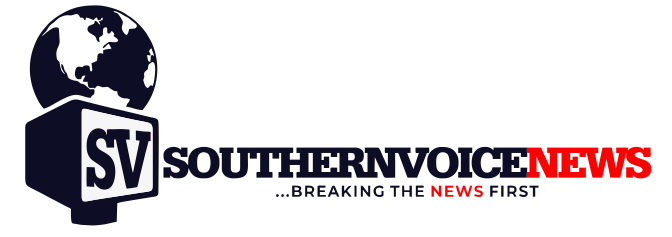In an effort to strengthen CSOS engagement in Asset Restitution and Monitoring, the Executive Director of the Africa Network for Environment and Economic Justice (ANEEJ), Rev. David Ugolor has revealed that Nigeria lost nearly $40 billion to illicit financial flows between 2001 and 2010, contributing to the $148 billion stolen annually across Africa.
Speaking with journalist during a two day workshop held in Asaba, Ugolor explained that without stronger asset recovery measures, robust legal frameworks, and active Civil Society oversight, recovered funds could be mismanaged, depriving citizens of much-needed development and infrastructure.
According to him, the workshop was designed to position CSOs in Delta State to play their expected role in future asset return and management.
Adding that goal of the workshop is to strengthen CSOs’ capacity to engage government on asset restitution and monitoring with its objectives to: build the capacity of CSOs to understand assets recovery.
Rev Ugolor commended Nigeria’s progress in recovering stolen assets but cautioned that loopholes still exist and the press should report every news on recovering of funds.
He added that llicit financial flows has drain Nigeria of much-needed resources for development. and each year, billions of dollars drops out of our economy through corruption, tax evasion, money laundering, and other financial crimes.
And these outflows weaken our institutions, deprive citizens of essential services, and erode public trust in governance.
He cited major repatriation, including the $322.5 million Abacha loot in 2017, which was allocated to investment programs benefiting citizens, and the $311.8 million recovered in 2020, earmarked.
“The challenge before us remains vast,” Ugolor said. “The United Nations and African Union estimate that nearly $40 billion left Nigeria through illicit financial flows in just a decade, and across Africa, the figure stands at $148 billion annually. These losses significantly hinder development and deepen poverty.
“We must institutionalize best practices in asset recovery and management to ensure that stolen funds, once recovered, are used effectively.”
He emphasized that while Nigeria has taken steps to comply with the Global Forum on Asset Recovery (GFAR) principles, focusing on transparency, accountability, and public benefit, more work is needed to institutionalize these principles and prevent future mismanagement of recovered assets
And to avoid a repeat of such scenarios in future asset restitutions, Civil Society Organizations (CSOs) must be strategically positioned to interface with the federal government in asset restitution, return, and management processes. CSOs are key actors in promoting transparency, accountability, and public trust in asset restitution processes.
He expressed gratitude to the United Kingdom’s Foreign, Commonwealth & Development Office (FCDO) for their invaluable support and partnership in making the workshop possible.
He noted that Nigeria’s asset recovery framework must be continuously strengthened to prevent recovered funds from being re-looted.

